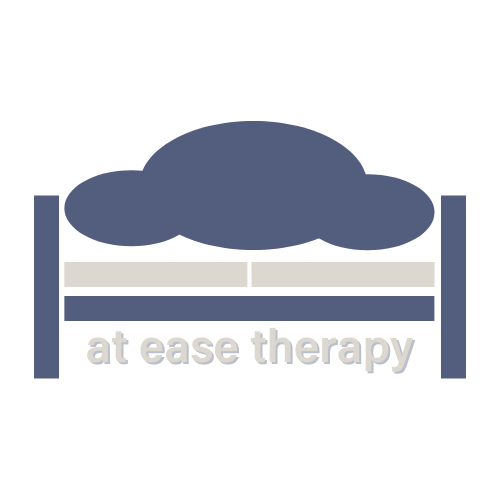Guest Article: When Someone You Love Has A Substance Abuse Problem
I have been contacted by Bethany from Preventaddiction.info who wanted to write a guest article with advice for individuals who may be watching a loved one struggle with an addiction. This is a very difficult situation for us to be in; watching someone with love struggle and often the things we try to do to help can leave us feeling even less powerful when our loved one retreats further from us. Bethany's tips about how to respond could help you feel less alone and more empowered to support the person you care about in their own struggle.
You can’t ignore it anymore. Someone you love is using drugs or alcohol to deal with their problems, and it’s become a problem in itself. They’re taking too much, putting their life at risk. They’re not acting like themselves. You’re watching the person you love disappear into a stranger, and you don’t know what to do about it.
How Can I Be Sure?
There are subtle and not-so-subtle signs to watch for. Have you seen any symptoms of withdrawal? Are they experiencing personality changes, are they irritable and moody? Have their relationships become affected by their substance use? Has their behavior put their life in danger? If you think there’s a problem, there probably is one. Addiction is not something anyone wants their loved one to experience. If it’s come into your head, you probably have reasons to consider the possibility.
How Can I Help?
Reach out to your loved one and let them know you think there’s a problem. Wait for a time when they’re sober and thinking clearly. Prepare your position and explain why you think there may be a problem. You may want to list the symptoms you have observed and don’t be judgmental. Anyone can develop an addiction. It’s an illness, a treatable disease of the brain. But don’t be swayed into becoming an enabler. Let them know you’ll do whatever you can to help them to get into treatment. But you won’t enable their use. You will not help them with the daily tasks of life, such as transportation, finances or even getting food until they are willing to face their addiction. Don’t give in to manipulation or guilt trips. If they are not ready to deal with it yet, don’t force the issue. Just tell them that you’ll be ready when they’re ready to talk about it.
Get Educated
The more you understand what your loved one is experiencing, the more you have to offer them when they are ready to get professional help. Check out treatment options in your area. Look into local 12-step programs and Alcoholics or Narcotics Anonymous. Consider joining Al-Anon, a group for friends and family members of people with addiction problems. Look into support groups for people in the same situation.
Addiction takes a toll on everyone in an addict’s life, not just the person struggling with the addiction. Make sure you’re taking care of yourself, as you deal with the fall out. Beware of martyring yourself to the cause. Make sure you’re eating well, getting enough rest and exercise, and maintaining your own health. You’re going to need it when they are ready to start treatment, because your support will be crucial.
Be A Role Model
Don’t indulge in negative behaviors yourself. You want to show your loved one that a better life is possible, so don’t be dragged down into the mire with them. Create a social support network for yourself, and for your loved one, by encouraging open discussion of the problem within the family group and among close friends. Help your loved one to have hope, by encouraging them to get treatment and reminding them that a better life is possible, free from the ravages of their addiction. Make plans for the future and involve them in activities and events that help remove them from temptations to use, and provide a healthy distraction.
Substance abuse is a family disorder, affecting not only the sufferer, but their loved ones as well. It’s important to care for yourself as you’re going through this process of trying to get your loved one into treatment. Talk to people about what you’re going through and seek support. Learn from the experiences of others and draw on their knowledge base to navigate the path of detox, treatment, and aftercare programs. Communicating with others who have shared this experience may help you to locate social services in your area that can help to make a difference in your loved one’s life and recovery.

